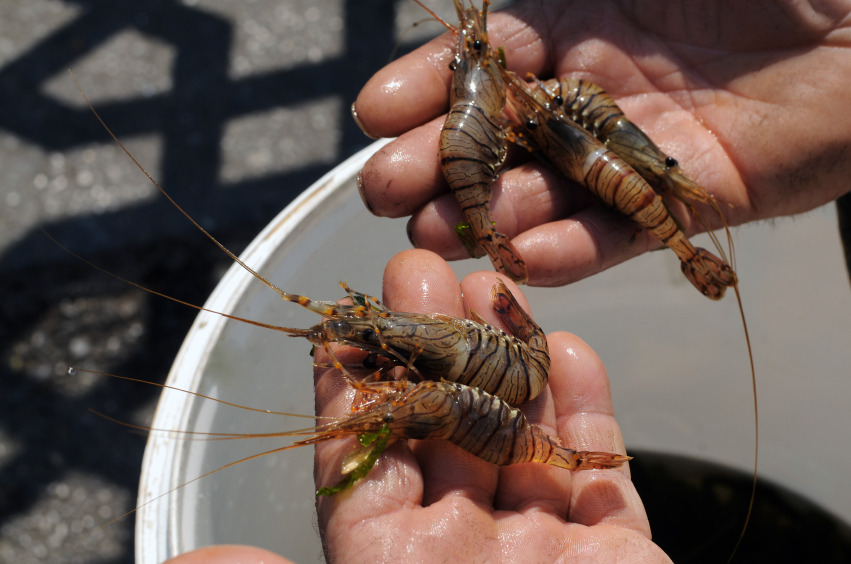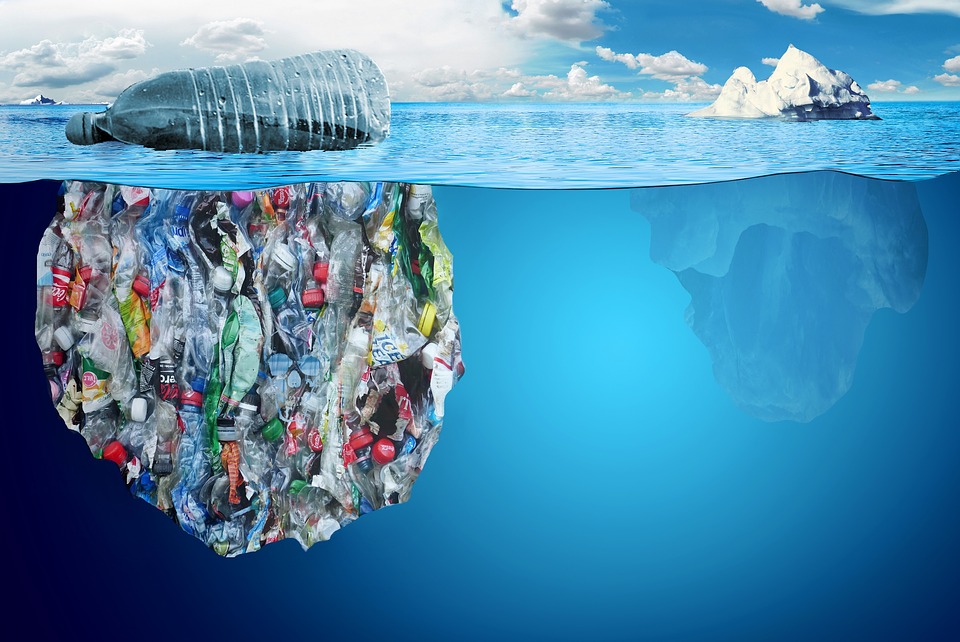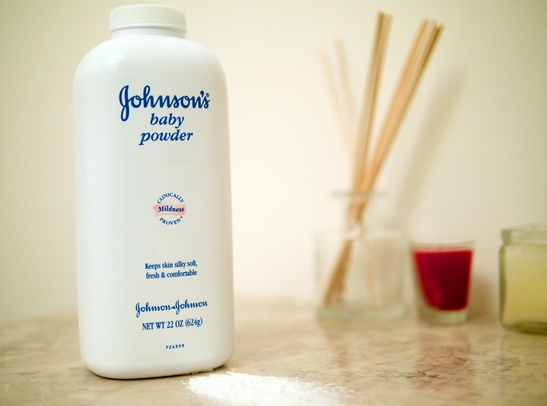Exposure to phthalate plasticizer chemicals found to increase allergies in children
02/21/2019 / By Isabelle Z.

Once hailed as one of the most transformative inventions in modern history, plastic’s reputation has taken a severe hit in recent years as more information comes to light about its negative effects on our health and the environment. The plasticizers used to make plastics known as phthalates have been discovered to be particularly risky, and a new study shows that they can place children at a much higher risk of allergies.
Phthalates are used to make plastic more flexible, and they can get into your body via respiration and ingestion in addition to being passed through your skin. Their use is widespread, and they can be found not only in plastic but also some types of nail polish, lotion, air fresheners, and vinyl flooring. They were banned from children’s toys in 2008, but toys from before the ban could well contain this toxic ingredient and should be thrown away. Phthalates have been proven time and time again to affect our hormone system as well as our metabolism and fertility, and now it also appears that these negative effects extend to the immune system.
According to researchers from UFZ, the German Cancer Research Center, and the Leipzig University, the children of mothers who were exposed to high amounts of phthalates while they were pregnant and breastfeeding were much more likely to develop allergic asthma. Their findings were published in the Journal of Allergy and Clinical Immunology.
After finding a strong correlation between the presence of phthalate metabolites in mothers’ urine and the occurrence of allergic asthma among their children, a study of mice was carried out to confirm their findings. In that study, even the third generation of offspring was affected by phthalate exposure. Their translational study approach, which went from humans to mice and then back to humans, demonstrated that epigenetic modifications are behind the higher risk of allergic asthma. Further research is being planned to find out exactly how this occurs.
Evidence of phthalate dangers piling up
A study that was published last year in the Environmental Health Perspectives journal had a similar finding. In that study, researchers from Harvard University, Columbia University, and the U.S. Centers for Disease Control and Prevention discovered that children who were exposed to some types of phthalates in the womb had a nearly 80 percent higher likelihood of developing asthma. The study looked at urine samples from 300 pregnant women in New York City along with samples taken from their children at various points throughout their childhood. Those with the highest levels of exposure to two particular phthalates in the womb had a 78 percent higher chance of developing asthma before their 11th birthday.
The same researchers previously discovered that children who were exposed to phthalates were more likely to have the airway inflammation that is a hallmark of asthma.
Studies have also shown that mothers of boys who were exposed to phthalates during pregnancy put them at risk of reproductive abnormalities and even infertility. As endocrine-disrupting chemicals, some experts believe they are responsible for the feminization of existing male births, as more young boys are being born with problems like reproductive tract damage, undescended testes, and misshapen sperm.
Phthalates are everywhere, and the best way to minimize your risk is by being vigilant. Avoid processed foods as they are more likely to be in contact with phthalates during storage, and keep your own food in glass containers rather than plastic. Consider making your own natural skincare products. For example, you can make body creams using ingredients like organic coconut oil and shea butter and scent them with essential oils. With so many dangerous toxins making their way into every corner of our lives, taking matters into your own hands is the only way to gain peace of mind.
Sources include:
Tagged Under: allergies, asthma, children's health, Endocrine disruptors, phthalates, plastics, toxic chemicals




















